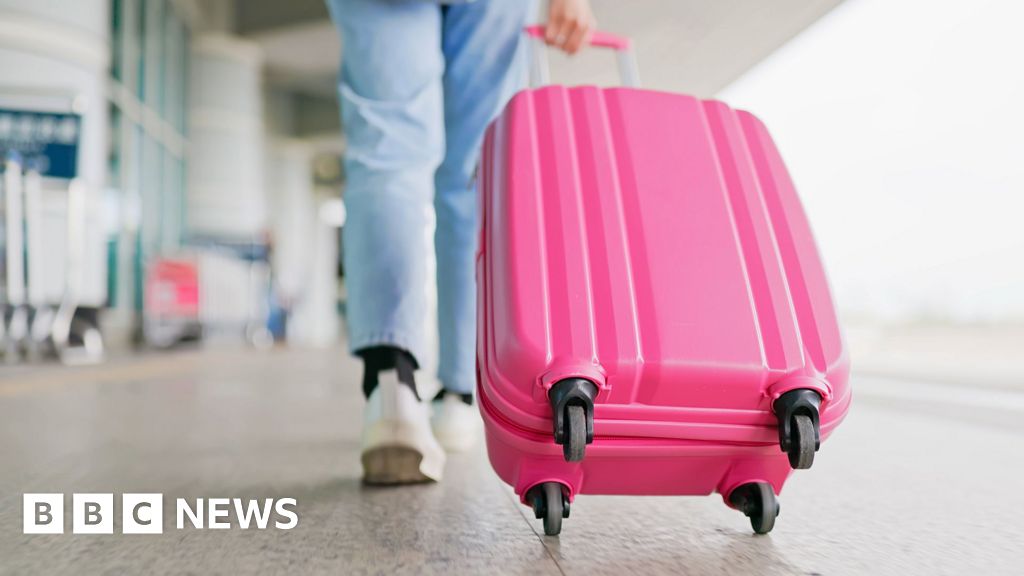ARTICLE AD BOX
By Tiffanie Turnbull
BBC News, Sydney
Image source, Getty Images
Image caption,Australia's central bank has lifted interest rates for the first time in over a decade
Australia's central bank has raised the nation's interest rates for the first time in more than a decade.
The rise will put extra strain on household budgets as Australia prepares for an election that is heavily focused on the rising cost of living.
The Reserve Bank of Australia (RBA) lifted the cash rate to 0.35% on Tuesday.
The move is designed to combat rising inflation, which is at a 21-year high.
RBA Governor Philip Lowe said although inflation had picked up more quickly than expected, unemployment was low and there was evidence wage growth would improve.
It was time to withdraw "some of the extraordinary monetary support that was put in place to help the Australian economy during the pandemic", he said in a statement.
Although the economic outlook for Australia remains positive, Mr Lowe said said further rises in interest rates were imminent.
The last time rates rose during an election campaign was in 2007, when it was widely seen to negatively impact John Howard before he lost government.
Prime Minister Scott Morrison dismissed suggestions the decision would impact his chances of re-election on 21 May.
"It's not about politics," he said. "It's not about me."
Labor said the hike showed a "full-blown cost of living crisis" had developed on Mr Morrison's watch.
For someone paying off a A$600,000 (£340,000; $426,000) mortgage - which is roughly average for an owner-occupier in Australia - the increase will be A$76 per month.
This is the last thing Scott Morrison needs less than three weeks before the election.
It is another financial curveball after last week's news that Australia hit a 21-year inflation rate high of 5.1%.
Remember, the government's campaign rests on how well the economy has been faring - how robustly it recovered after Covid.
But this picture is changing quickly and painfully for Australians and for the government.
For days the prime minister has been at pains to explain that the RBA's decision has nothing to do with his government's handling of the economy.
He blamed "the extraordinary global environment" of Covid lockdowns in China and of course the war in Ukraine.
He stood in front of cameras holding a chart comparing the rate of inflation in Australia to other developed nations to prove how better off the country was.
But those struggling to pay rent and keep on top of their household bills will likely see a leadership not taking responsibility.
This may be a gift to the opposition's campaign, but whoever ends up winning on 21 May will face an anxious population reeling from high costs of living and wages that have failed to measure up.
You may also be interested in:
What does high inflation mean? The BBC's Colletta Smith explains in 90 seconds

 3 years ago
91
3 years ago
91








 English (US) ·
English (US) ·